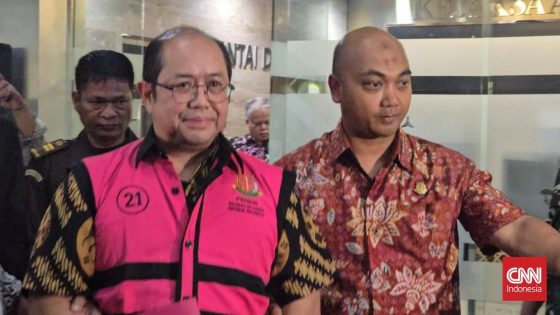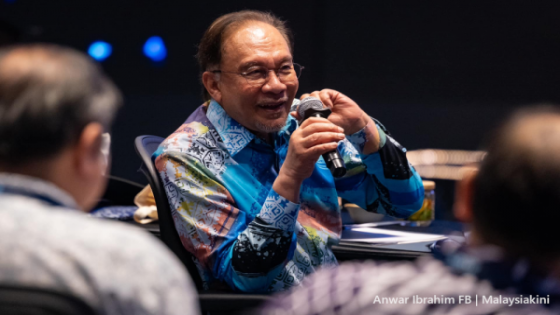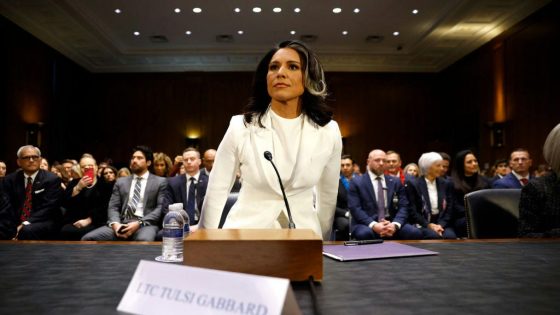On February 7, 2025, Isa Rachmatarwata, the Director General of Budget at the Ministry of Finance, was named a suspect in the Jiwasraya corruption case. Following this designation by the Attorney General’s Office, he was immediately detained for 20 days at Salemba Prison. How did this high-profile case unfold?
- Isa Rachmatarwata named suspect in Jiwasraya corruption.
- He is detained for 20 days at Rutan Salemba.
- Allegations involve financial losses of Rp 16.8 trillion.
- Isa previously served as Bapepam LK insurance chief.
- Related cases involve multiple convicted individuals.
- Investigators found substantial evidence against Isa.
Isa Rachmatarwata Detained: Implications for Indonesia‘s Financial Oversight
What does Isa Rachmatarwata’s arrest mean for Indonesia’s financial integrity? His case highlights serious concerns about corruption within the government. The Jiwasraya scandal, which has already implicated several high-ranking officials, continues to unravel, revealing deep-seated issues in financial governance.
Understanding the Jiwasraya Case and Its Broader Impact
The Jiwasraya corruption case has emerged as one of Indonesia’s largest financial scandals, with losses estimated at over Rp 16 trillion. Isa Rachmatarwata’s involvement as a former insurance bureau chief raises alarms about systemic corruption. Here are key points to consider:
- Rachmatarwata’s role in approving risky financial products.
- Previous convictions of other officials linked to the scandal.
- Potential reforms in financial oversight following this case.
- Impact on public trust in government institutions.
The Consequences of Corruption in Indonesia’s Financial Sector
Corruption in Indonesia’s financial sector has far-reaching consequences. It undermines public trust and can deter foreign investment. The Jiwasraya case illustrates the urgent need for reforms to ensure better oversight and accountability. Will this scandal lead to significant changes in how financial institutions operate?
Lessons Learned: The Need for Stronger Regulatory Frameworks
This scandal emphasizes the necessity for stronger regulatory frameworks in Indonesia. By learning from past mistakes, the government can implement measures to prevent future corruption. How can policymakers ensure that similar cases do not occur again?
In conclusion, Isa Rachmatarwata’s detention marks a pivotal moment in Indonesia’s fight against corruption. As the Jiwasraya case unfolds, it is crucial for the government to address these issues to restore public confidence and secure the nation’s financial future.

































